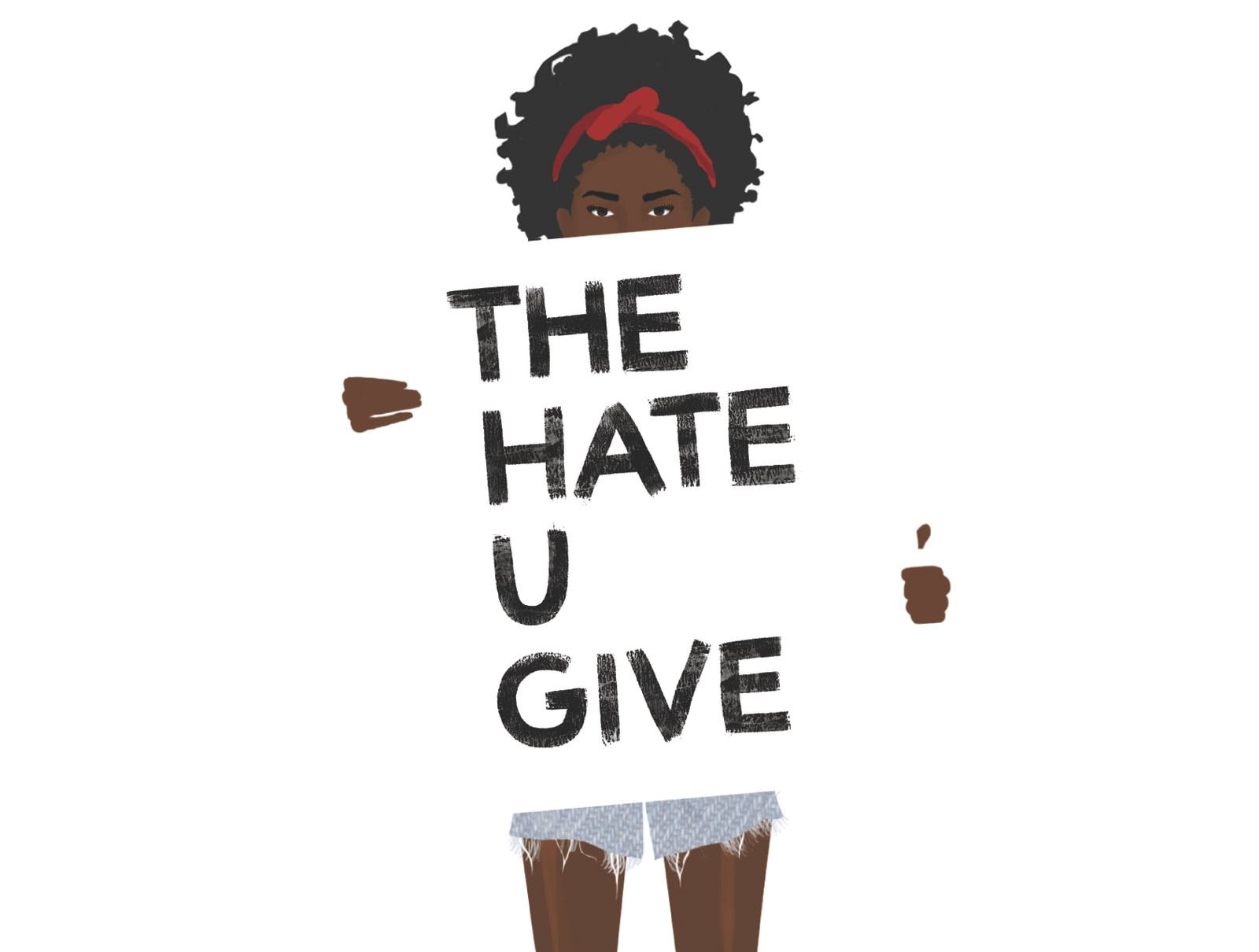Shin Yu Pai Talks Publishing, Design, and Poetry as a Balm
For the first time in its decades of existence, the Washington State-based independent press Empty Bowl has published the work of an Asian American female author.
The work in question is Virga, a full-length book of poetry written before and during the pandemic, and the author is Shin Yu Pai, a writer, photographer, and editor with no shortage of accolades. Virga is Pai’s eleventh collection of work, and her first full-length book of poetry in eight years. It follows and consists of unpublished poems written during the time that Pai assembled her last project ENSO, which was released by Entre Rios Books at the beginning of the pandemic and made Boston Globe’s “Best Books of 2020” list.






















